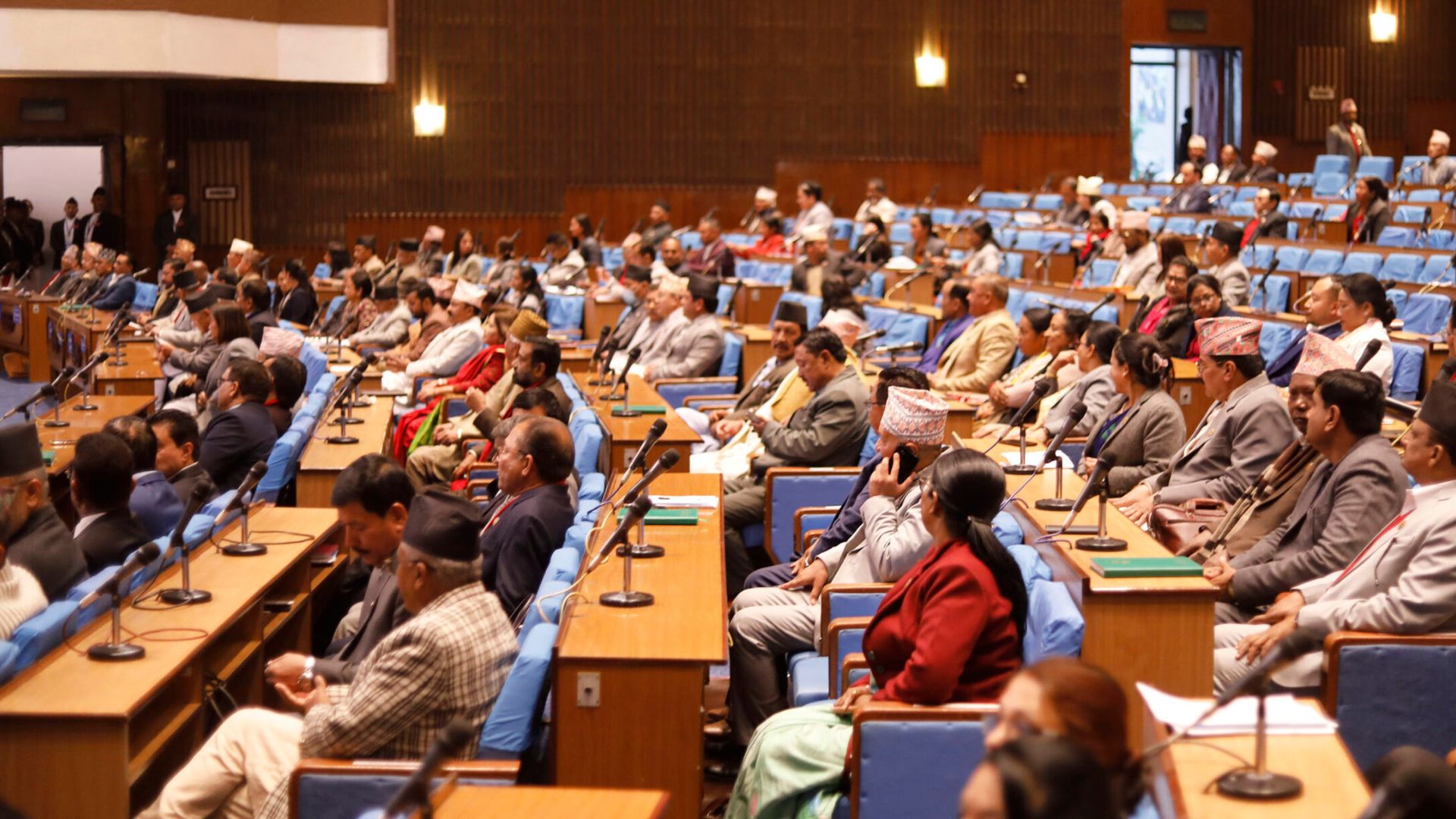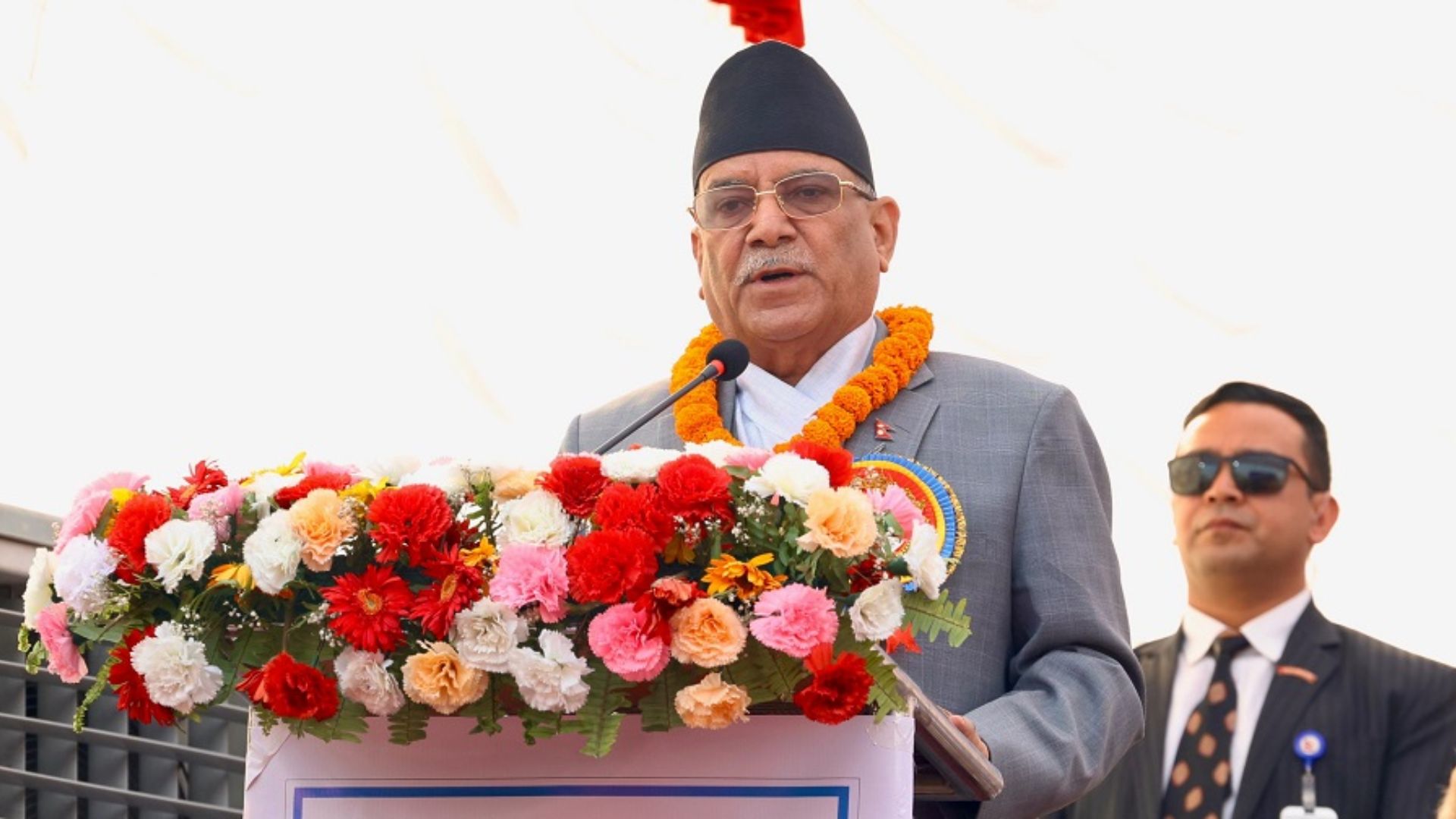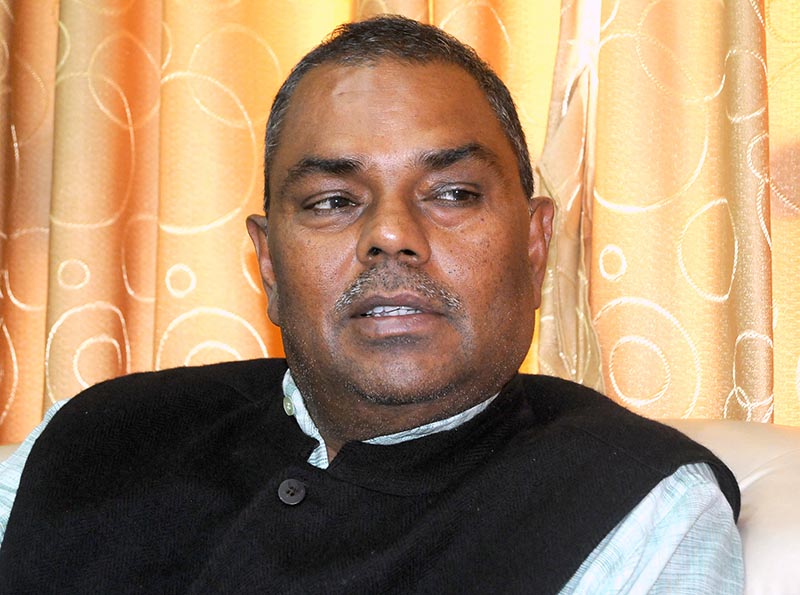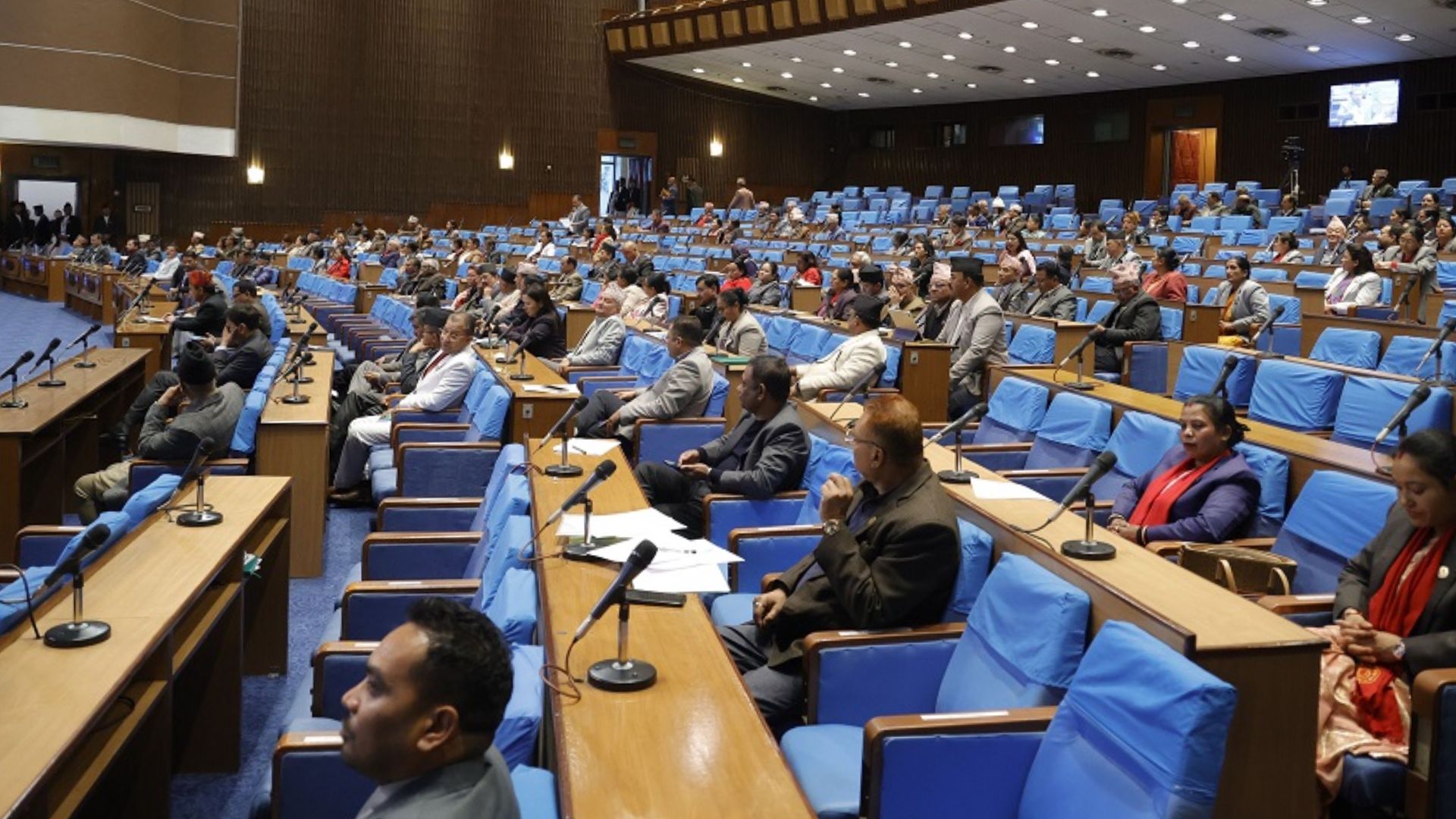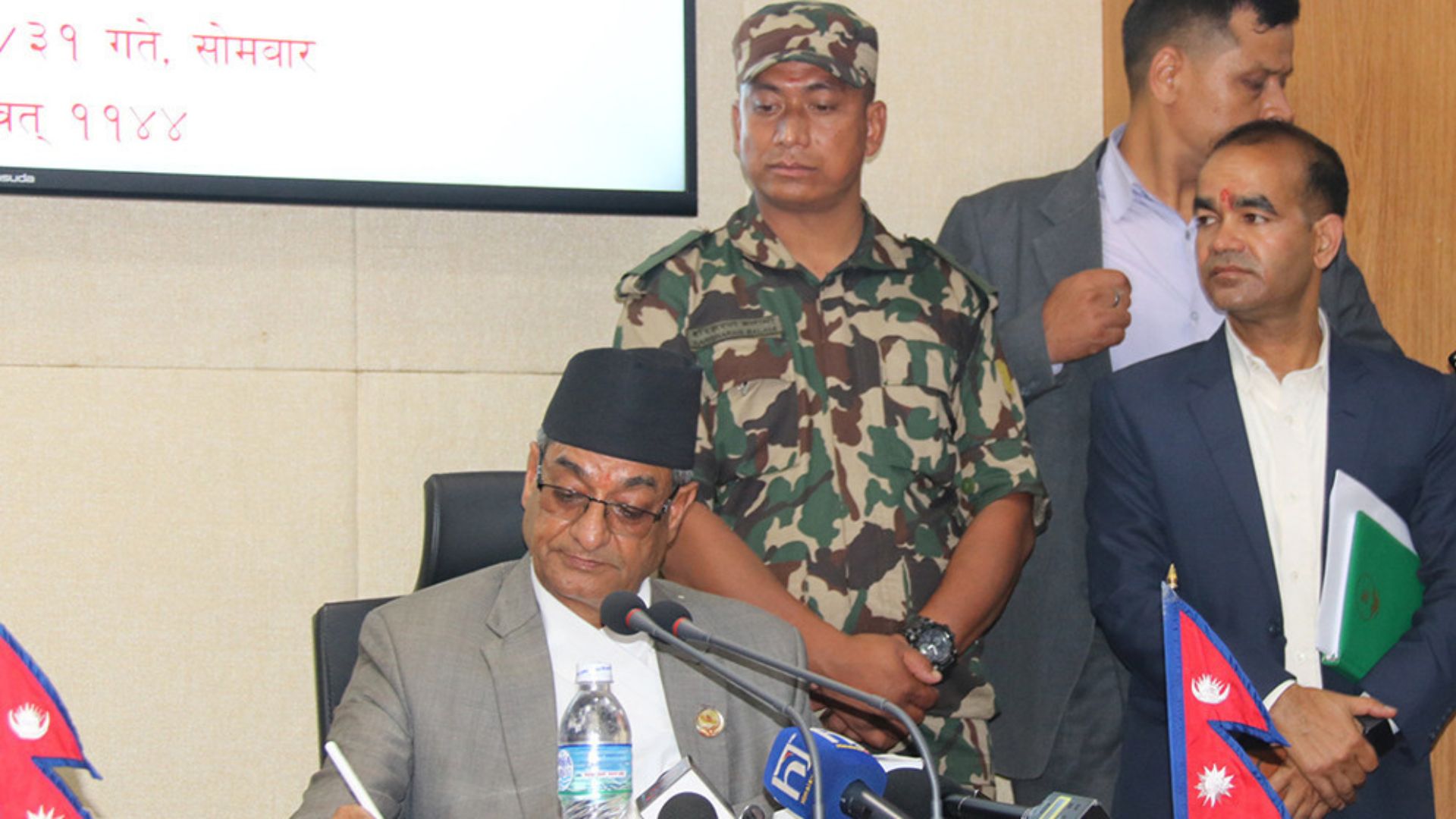Amid Uproar Over Civil Service Bill, Calls Grow for Investigation into Altered Cooling-Off Provision
Controversy has erupted around alleged tampering with key sections of Nepal’s Federal Civil Service Bill, prompting the State Affairs and Good Governance Committee to formally urge the National Assembly to strike out a clause undermining the bill’s intended “cooling-off period.”
A heated session on Wednesday ended with the committee asking Speaker Devraj Ghimire to establish a high-level parliamentary panel to probe how a provision weakening the bill’s cooling-off requirement found its way into the official report.
The committee resolved two main actions. First, it petitioned the National Assembly:
“We have resolved to respectfully request the National Assembly to revise Clause 43 of the report to reflect the true spirit of the cooling-off provision as originally passed by this committee.”
Secondly, the committee appealed to the Speaker to investigate who introduced the controversial clause:
“During drafting, officials from the committee secretariat, the Ministry of Federal Affairs and General Administration, and the Ministry of Law contributed to provisions that effectively nullified the cooling-off period. Such actions seem conspiratorial and malicious within the legislative process. Therefore, the committee has resolved to request the Speaker to form a high-level parliamentary committee to identify those involved and examine the gravity of any misconduct,” the second decision reads.
Ramhari Khatiwada, who chairs the committee, came under sharp criticism during Wednesday’s meeting. CPN-UML’s Padam Giri went so far as to demand Khatiwada’s resignation, along with that of committee secretary Suraj Dura, accusing them of involvement in altering the bill.
Khatiwada denied any wrongdoing, maintaining that he had no part in changing the provision. Nonetheless, even lawmakers from his own Nepali Congress party joined calls for his resignation, arguing that he bears moral responsibility for effectively scrapping the cooling-off period meant to bar top bureaucrats from immediately assuming high-level constitutional or diplomatic posts.
However, Congress MP Dilendra Prasad Badu expressed skepticism that Speaker Ghimire would agree to establish an investigative committee.
“I’ve appealed to the Speaker, but it appears unlikely he’ll offer the support we need. The bill has already been registered in the upper house. It’s up to the minister to present it there. So I want to tell the minister that this committee will now push forward an amendment proposal,” Badu said.
Speaker Ghimire, a former CPN-UML lawmaker, belongs to a party that supports removing the cooling-off requirement for top bureaucrats.
Meanwhile, several senior officials involved in earlier drafting phases said they never saw the bill’s final text.
Mira Acharya, a joint-secretary at the Ministry of General Administration, stated there was no discussion with her ministry about removing the cooling-off clause.
“We didn’t finalize the report that the committee secretariat submitted,” said Acharya. “While the sub-committee’s report was discussed, there was no mention of dropping clause 82(4).”
Acharya said that when the sub-clause was reviewed, no provisions about resignation or retirement were included. From that point on, she explained, she was excluded from further work and denied access to the final report when she requested it.
“Given that, how was the Ministry of Federal Affairs even involved in this?” she asked.
Similarly, Subash Bhattarai, joint-secretary at the Ministry of Law, asserted he had no role in drafting the final report:
“We were not invited for any clause-by-clause review at the last stage,” Bhattarai said. “We neither added nor removed anything in sub-clause 5.”
Both Acharya and Bhattarai were part of the earlier drafting team representing their respective ministries.
Khatiwada insisted his reputation had been unfairly tarnished and reiterated his long-held position that a two-year cooling-off period was essential. He noted that even the sub-committee recommended extending it to two years instead of just one. According to him, the problematic clause emerged from the Ministry of Law and the committee secretariat, before the report was handed over to Minister of General Administration Rajkumar Gupta.
During Wednesday’s debate, Hit Raj Pandey, Chief Whip of the CPN (Maoist Centre), alleged that the changes to the cooling-off period were part of a deliberate conspiracy.
“This is not simply interference—it’s a well-orchestrated plot,” Pandey declared.
Rajendra Prasad Pandey, a lawmaker from the CPN (Unified Socialist), said the tampering had damaged public trust in lawmakers. He characterized the incident as more than an error, calling it misconduct and urging an independent investigation to uncover the truth.

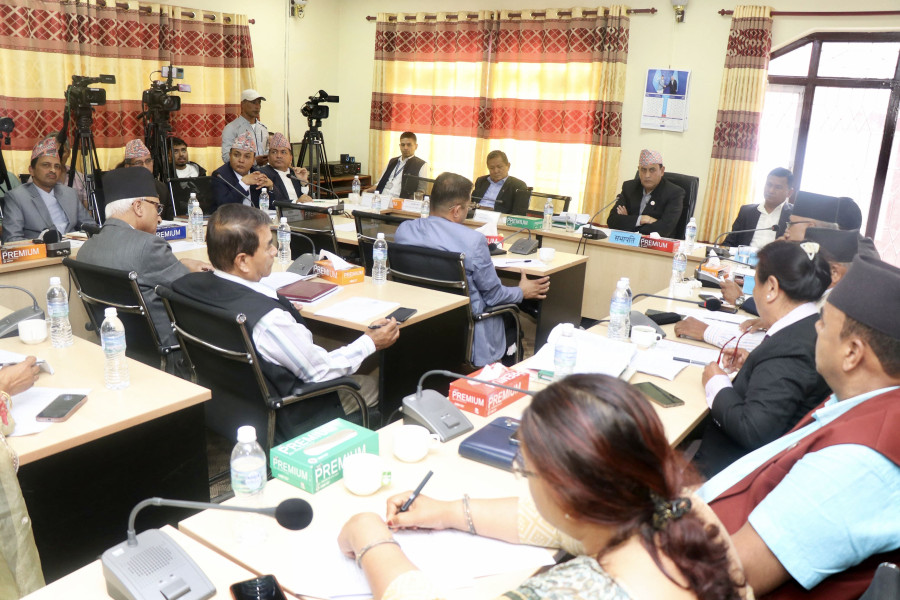




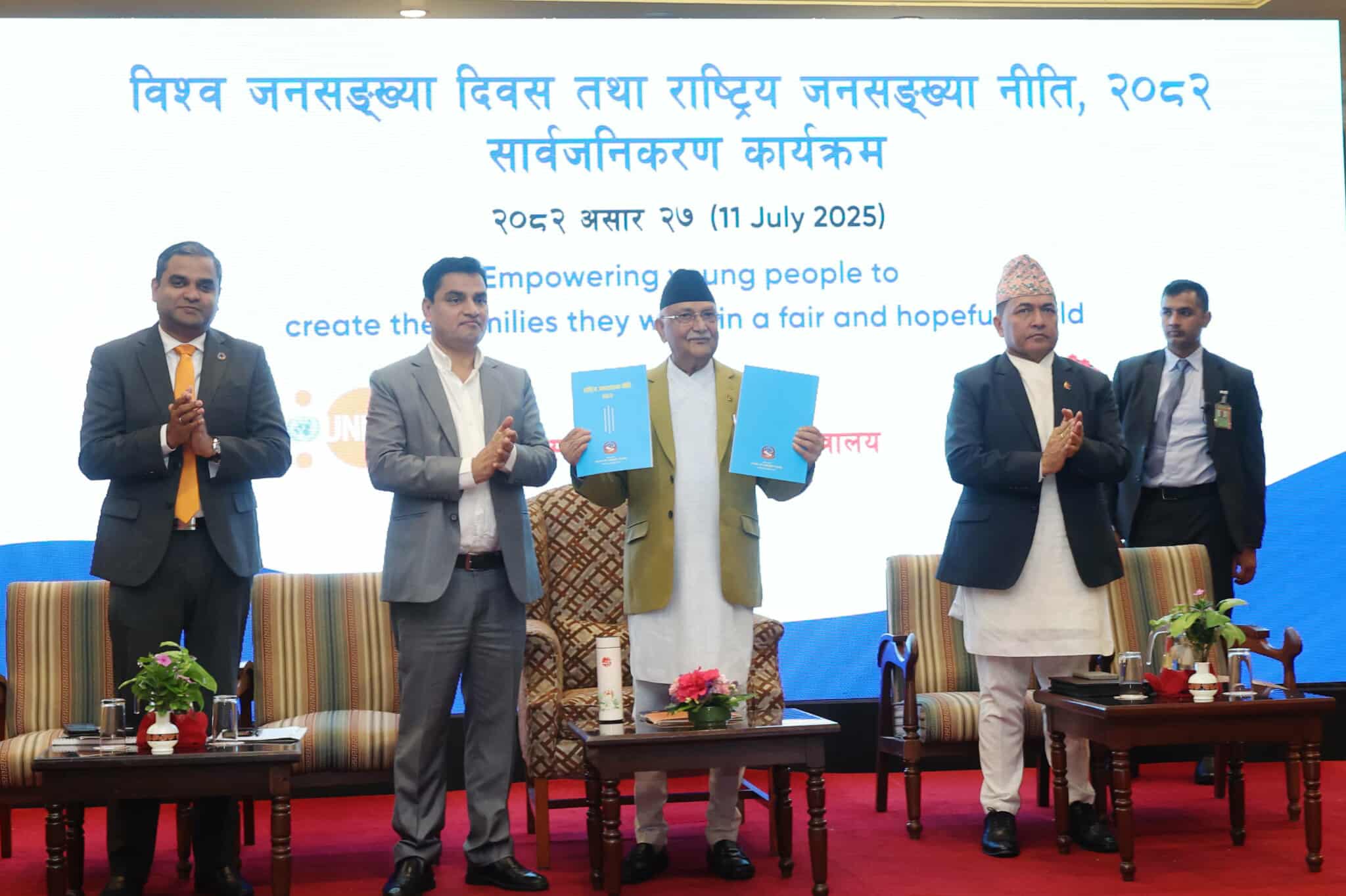
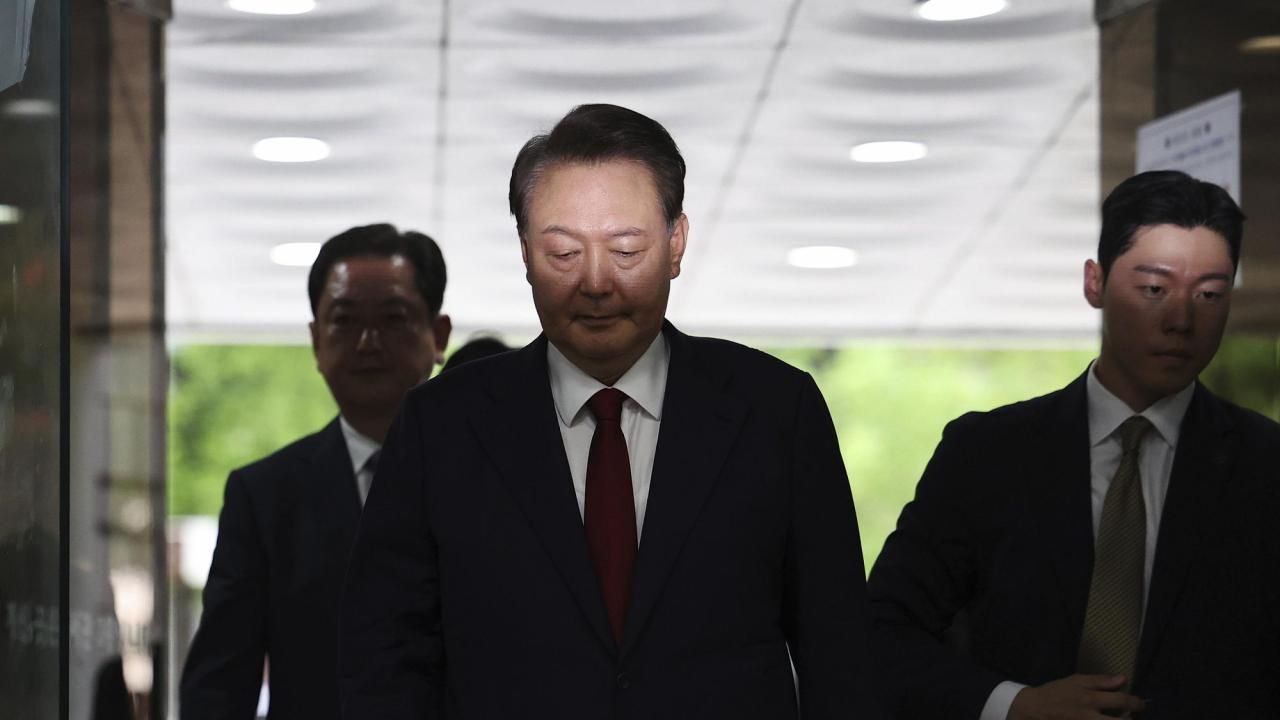

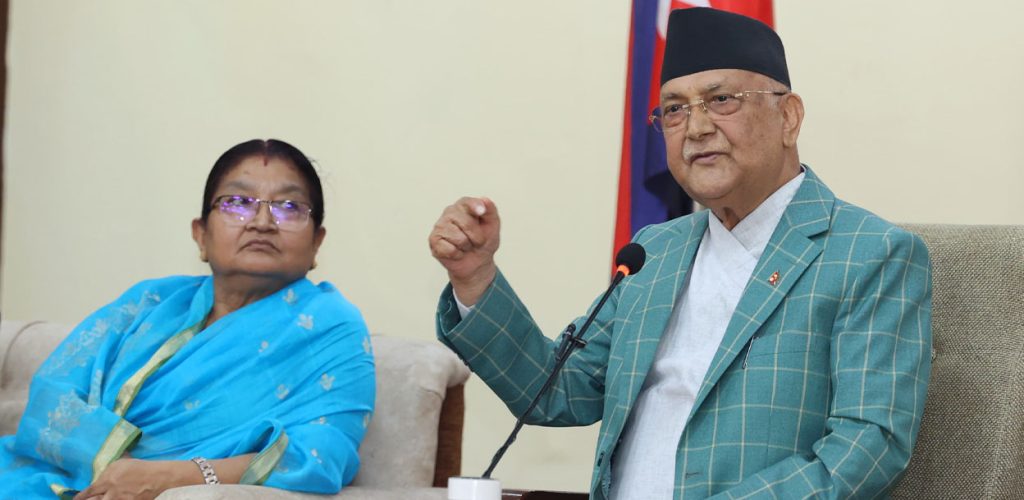
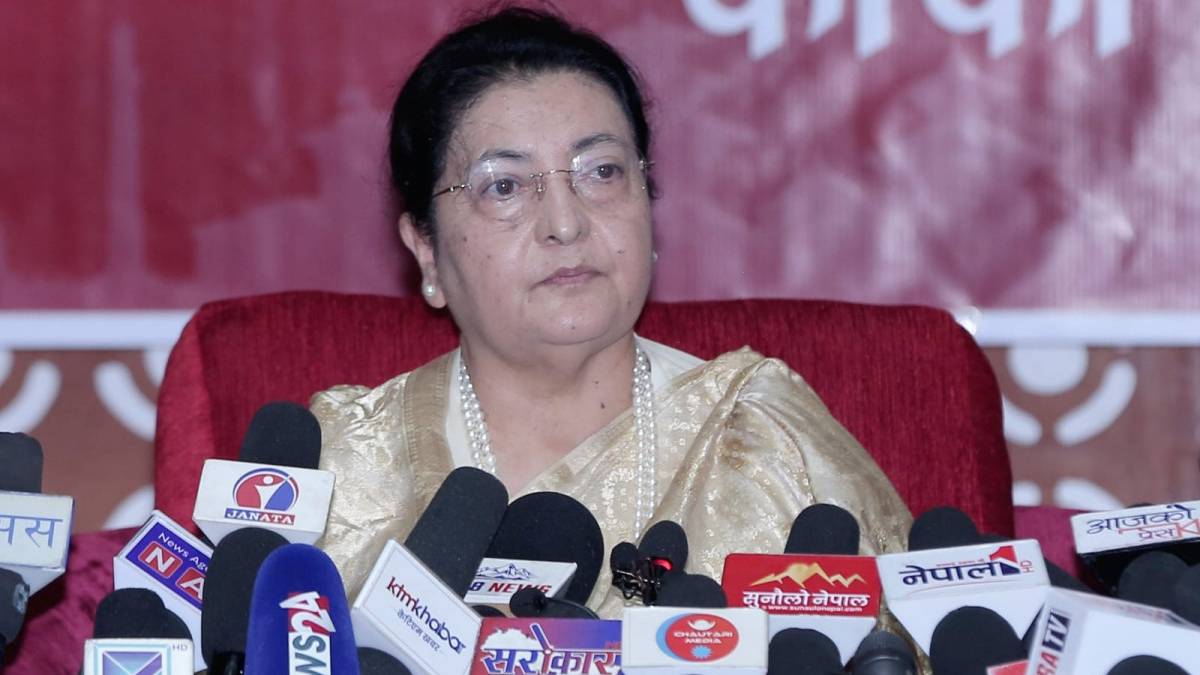
.jpg)
.jpg)
.jpg)
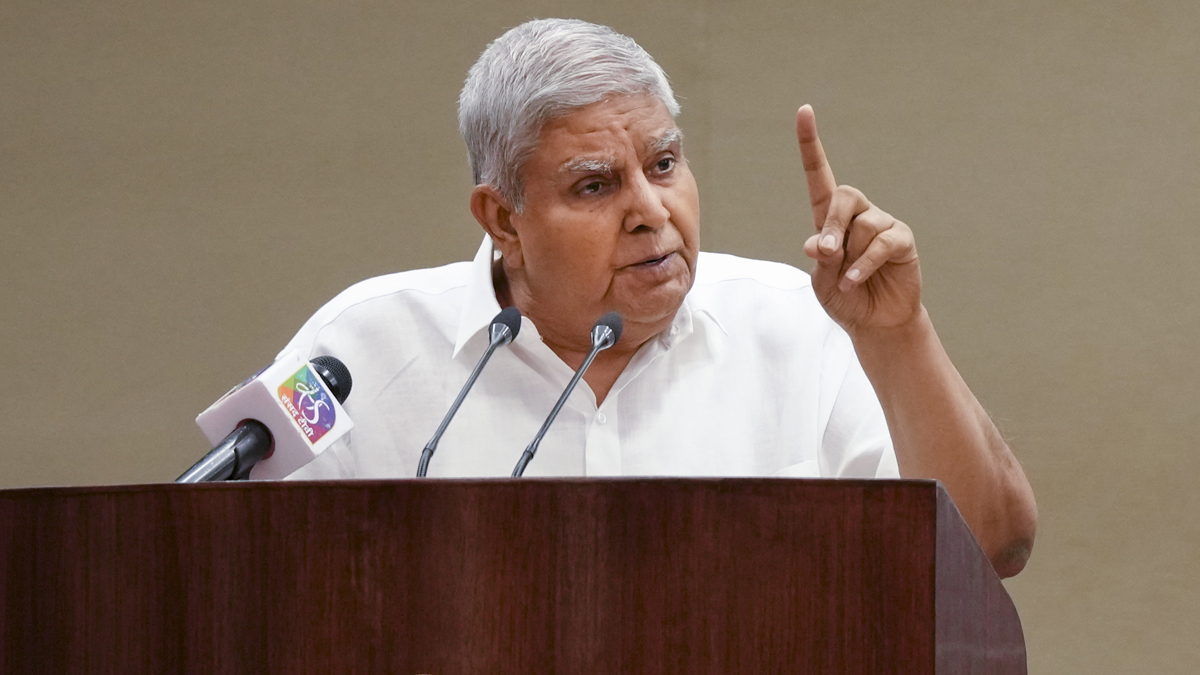
.jpg)
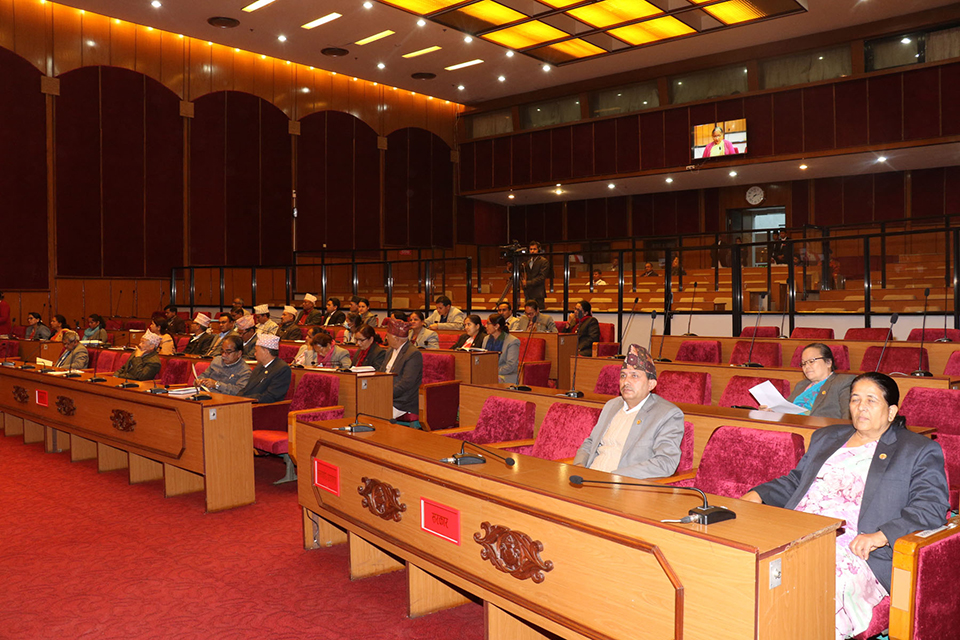
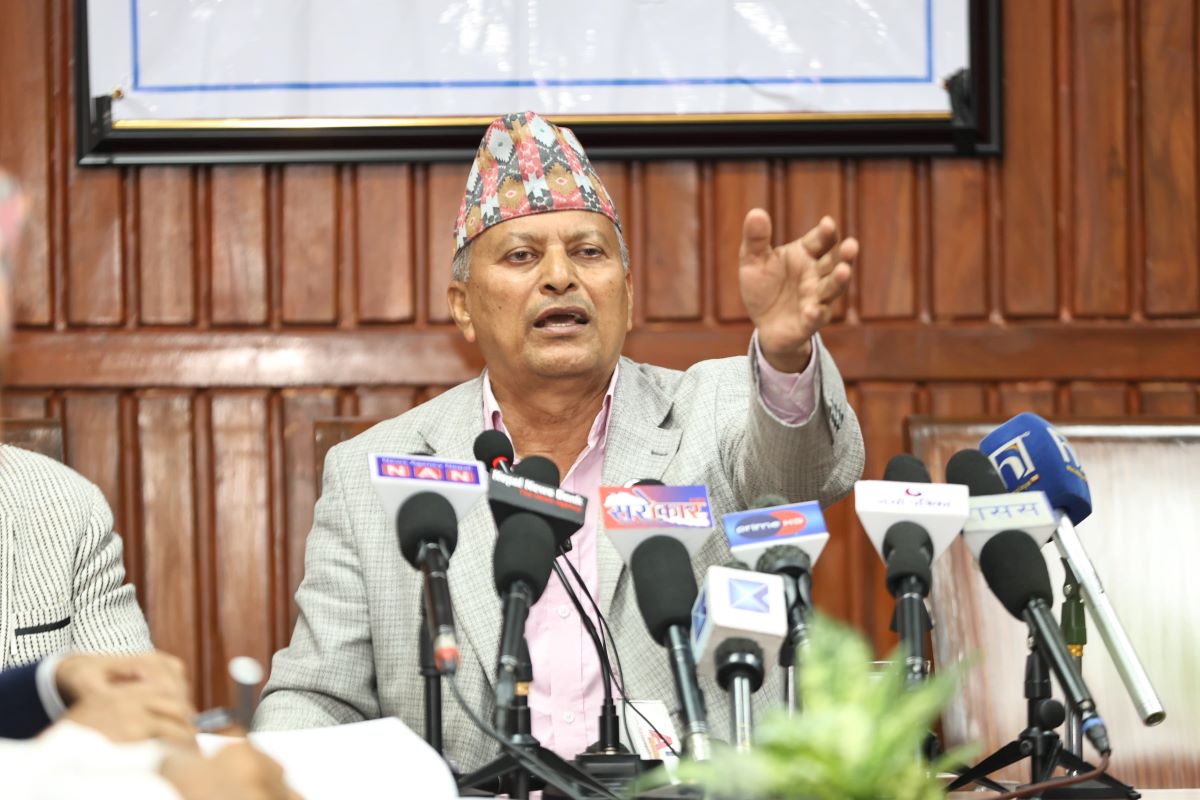
.jpeg)
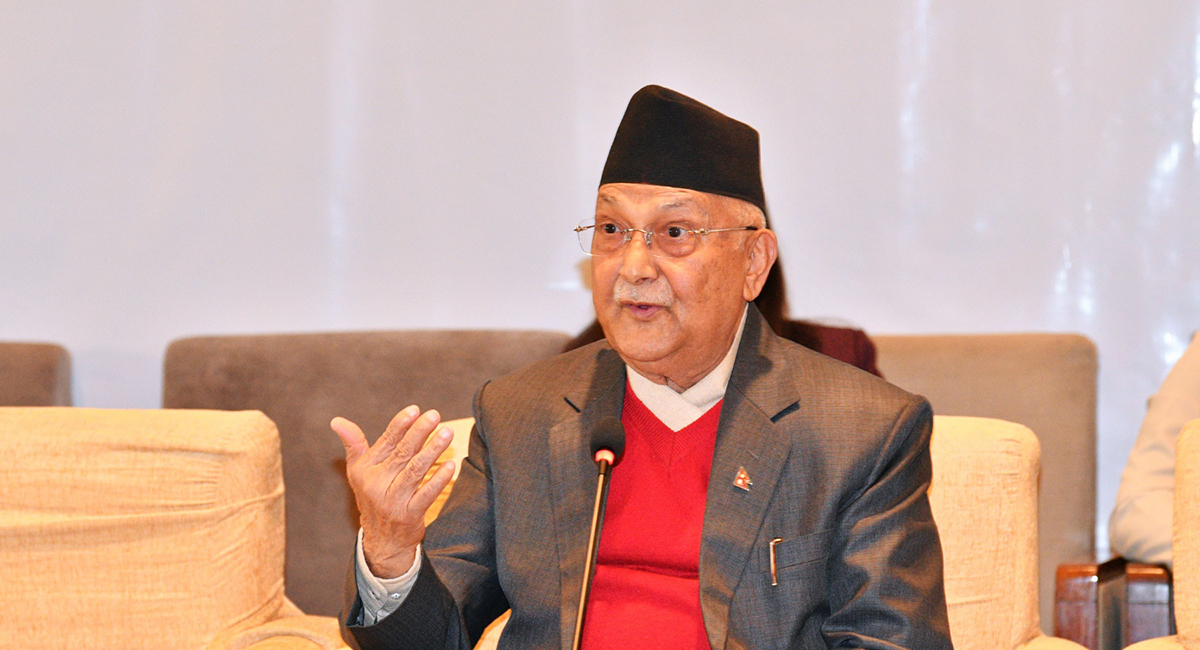
.jpeg)
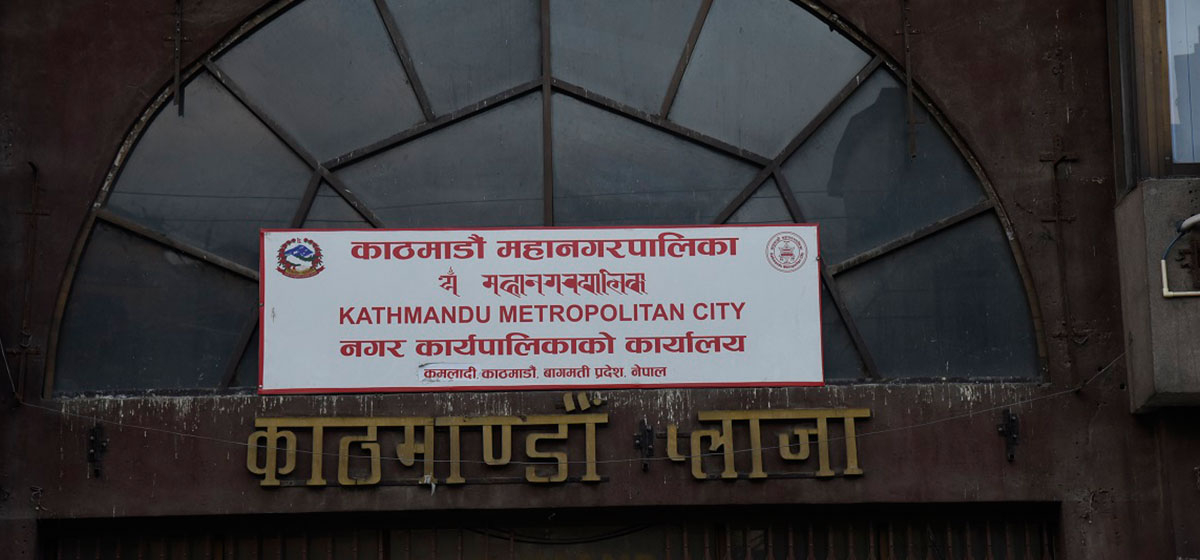
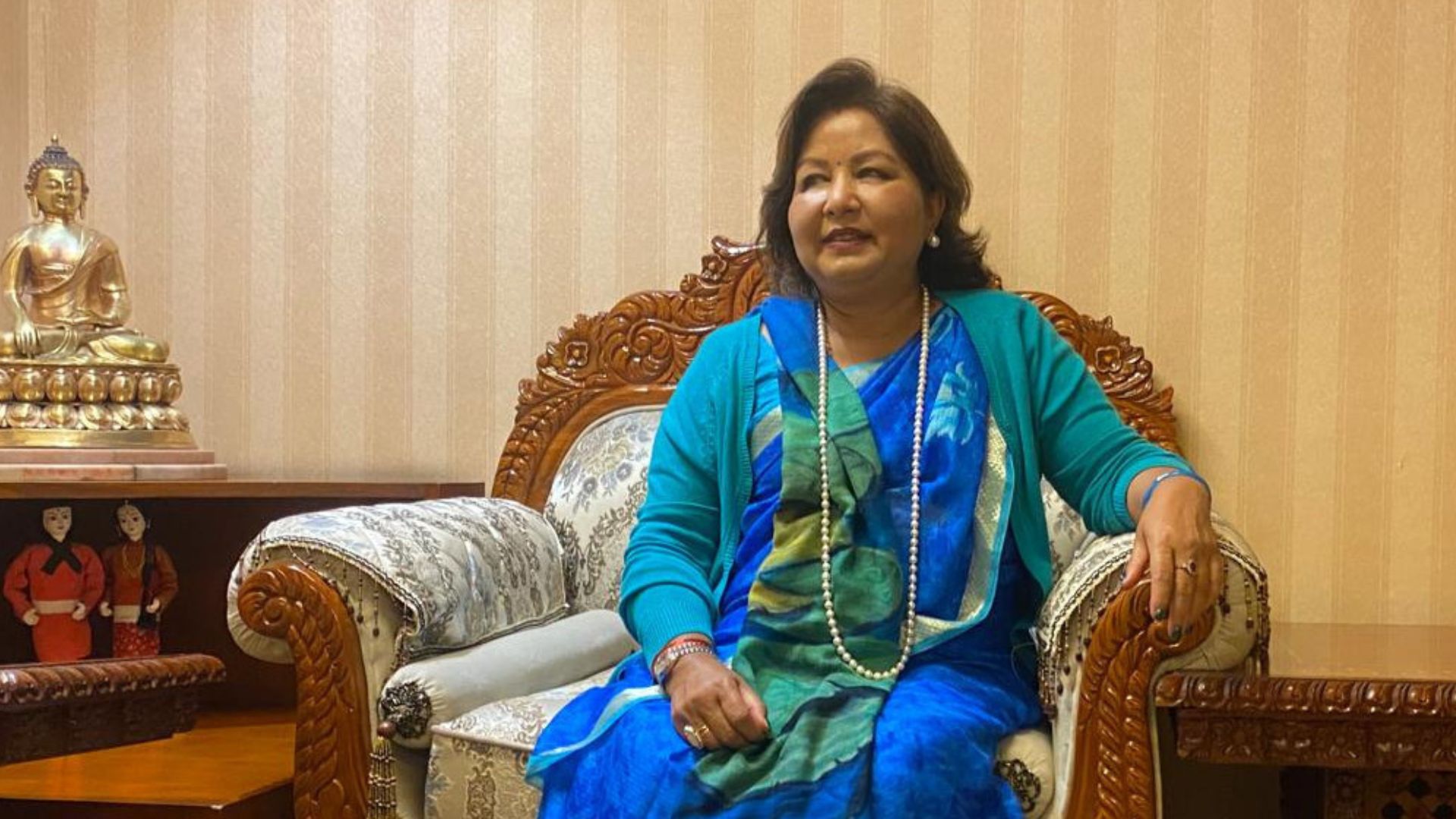
%20House%20of%20Representatives.jpg)
